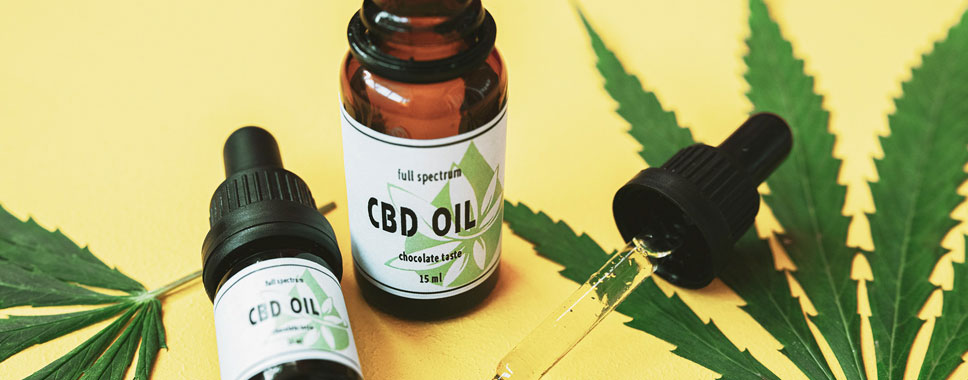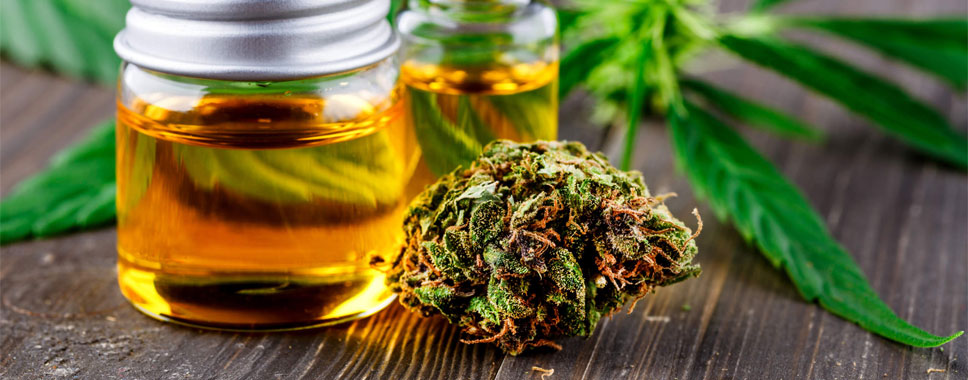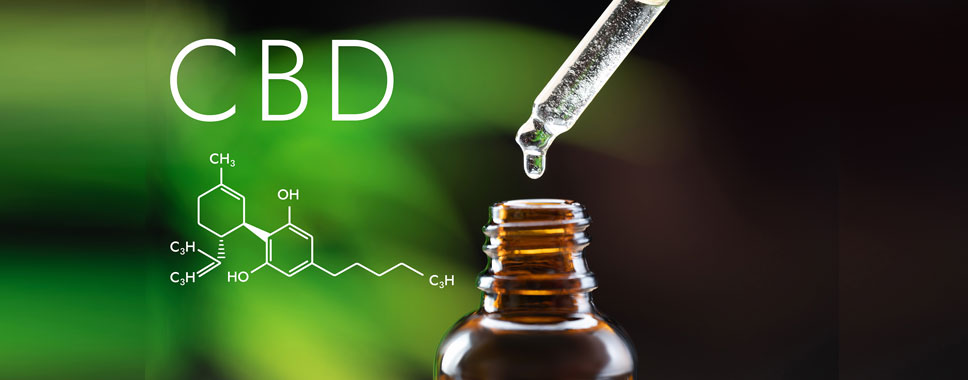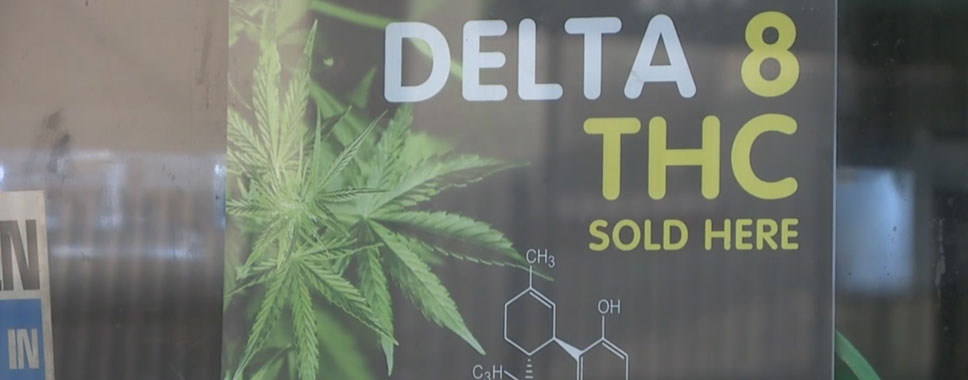CBD, short for cannabidiol, is a chemical compound present in the cannabis plant. Unlike delta-9-tetrahydrocannabinol (THC), CBD doesn’t induce a sense of being ‘high’.
Companies that manufacture CBD products utilize various extraction methods, resulting in different CBD types with varying compounds and concentrations:
Full-spectrum CBD: Contains all parts of the cannabis plant, with less than <0.3% THC.
Broad-spectrum CBD: Contains most cannabis plant compounds, but unlike full-spectrum, it has trace amounts of THC.
Isolates: Pure CBD, without any other cannabinoids or THC. Products with isolate CBD may not yield noticeable effects.
Both full-spectrum and broad-spectrum CBD, according to research, can elicit clinical responses. The effects may not be solely due to CBD but rather due to the entourage effect, where various compounds combine to produce clinical effects. Hence, CBD products may work effectively due to a combination of compounds.
The Food and Drug Administration (FDA) cautions individuals to consider potential risks before using CBD. For instance, those who are pregnant or breastfeeding should avoid THC. Federal law permits the use of CBD containing less than 0.3% THC, but not all states allow CBD sales. It’s essential to check local laws before obtaining CBD.
The FDA does not regulate claims of benefits beyond this. It emphasizes that several CBD products make misleading claims. Therefore, caution is necessary when purchasing any CBD product. The FDA has the authority to investigate health claims and safety concerns.
To ensure product quality, individuals should seek independently tested products. Some companies provide a Certificate of Analysis (COA), detailing the supplement’s contents.

 hempcentral
hempcentral 



Hand icon should display in default sorting checkbox